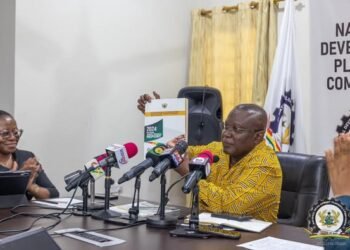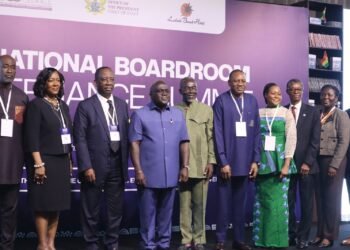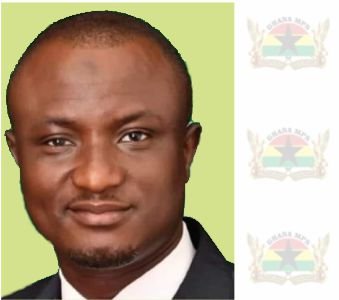Ghana’s ambitious Vision 2057 long-term national development policy framework marks a significant milestone in the country’s efforts to shape a prosperous and sustainable future.
This comprehensive framework is designed to guide a series of medium-term plans and annual action plans across all governance structures and sectors over the next 34 years. With its inclusive and consultative development process, Vision 2057 aims to establish an integrated policy framework that harmonizes development efforts from the national level down to local communities in a coordinated and unified manner.
“These medium-term plans derived from the Vision 2057 blueprint will then cascade down to annual action plans to be implemented by the various Ministries, Departments, Agencies, Metropolitan, municipal and District Assemblies nationwide.”
Prof. Gyan-Baffour, Chair of the National Development Planning Commission (NDPC)
Prof. Gyan-Baffour, Chair of the National Development Planning Commission (NDPC), clarified that the Vision 2057 approach balances safeguarding long-term national interests with respecting the democratic rights of successive administrations to formulate and implement their own development vision and agenda.
Prof. Gyan-Baffour noted that this balance ensures that while the overarching goals and objectives remain consistent, incoming governments have the policy space to advance their programs and respond to the electorate’s mandate.
According to Prof. Gyan-Baffour, the NDPC will coordinate and ensure that the medium-term plans formulated by incoming governments conform to the Vision 2057 framework. These four-year medium-term plans will subsequently inform the annual budgets and action plans of the various implementing ministries, departments, agencies, and MMDAs across the country.
The top-down development planning architecture aims to ensure that the long-term goals, objectives, strategies, and targets outlined in Vision 2057 are systematically translated into concrete prioritized activities and interventions at every governance level through multi-year and annual implementation cycles. The goal is to create a coherent and unified approach to development that aligns all actors and institutions across the various tiers of governance.
Path to Sustainable National Transformation

The formulation of Vision 2057 involved reviewing past long-term policies, analyzing socio-economic trends, identifying priorities aligned with Ghana’s development objectives, and benchmarking strategies against global commitments like the Sustainable Development Goals (SDGs) and the African Union’s Agenda 2063. This comprehensive approach ensures that the Vision 2057 framework is not only aligned with national aspirations but also global development goals.
“The successful implementation of Vision 2057 critically hinges on harmonizing all public and private sector development efforts within the overarching policy architecture.”
“The NDPC Chair urged all actors and institutions across the various tiers of governance to align their development activities, projects, and spending with the Vision 2057 agenda and the corresponding medium-term policy frameworks.”
Prof. Gyan-Baffour, Chair of the National Development Planning Commission (NDPC)
Prof. Gyan-Baffour further stated, “Vision 2057 was formulated through an extensive consultative process involving stakeholders from the government, private sector, civil society organizations, political parties, academia, research institutions, development partners, traditional authorities, and other interest groups.”
This inclusive approach ensures that the framework reflects the diverse perspectives and priorities of all segments of Ghanaian society.
As Ghana embarks on this ambitious journey, the Vision 2057 framework stands as a testament to the country’s commitment to sustainable and inclusive development. It provides a clear and coherent roadmap that will guide Ghana’s development efforts over the next three decades, ensuring that the nation remains on a path of prosperity, equity, and sustainability.
Vision 2057 is more than just a policy framework; it is a unifying strategy that promises to transform Ghana’s development landscape. By harmonizing development efforts across all sectors and governance levels, Vision 2057 aims to create a prosperous and sustainable future for all Ghanaians. The success of this long-term national transformation critically depends on the collective efforts of all stakeholders in aligning their activities with the Vision 2057 agenda.
READ ALSO: AfDB Revises Ghana’s Growth Projections Upward for 2024 and 2025





















